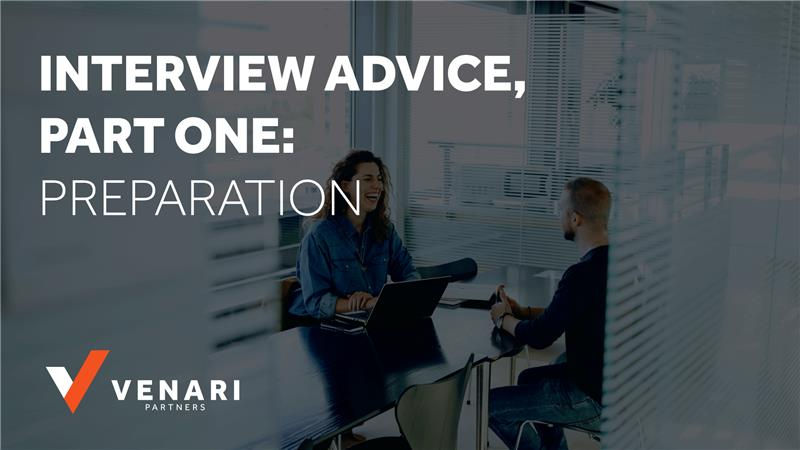Interview Advice, Part One: Preparation
- Spencer Tarrant

- Sep 11, 2025
- 4 min read
In this article series, we break down the key stages of the interview process and offer expert advice on positioning yourself for success. To start us off, our Finance Executive Search Principal Spencer Tarrant offers his take on the importance of preparing well beforehand.

You know what they say: fail to prepare, prepare to fail. There’s a reason that clichés are clichés – often, they’re true!
Whether you’re happy in your role or starting to consider your next move, it’s always a good idea to be ready for your next interview. Doing your homework can pay dividends here, and it seems our network agrees with me. In our recent LinkedIn poll on the most important thing to get right in a job interview, 71% of respondents voted for preparing beforehand. I was glad to see this, as I never miss an opportunity to preach the importance of detailed research before meeting someone about a job. Too often, silly things catch people out, and it’s horrible when strong candidates miss out on roles you know they’d be great for because of minor slips they could have avoided. Preparation might not guarantee that you get the role, but it certainly helps – so, without further ado, here are my key pieces of interview advice.
Review your CV and LinkedIn profile
Often, I find myself having to help candidates that have been away from the job market for a while to give their résumés and LinkedIn pages a refresh. If you are dipping your toe in the interview water after a decent stint working in the same place, you might need special help to raise your profile and review how you might be seen externally. However, this is a principle that applies to seasoned job hunters too. Not only is it important to think about how you come across before you meet your interviewer, but running over your CV in advance can also help you reflect better on your experience and what you might be asked about.
For instance, if the hiring manager asks you a question about something from several years ago, how you talk about it will likely come across as fragmented if you haven’t reflected on it beforehand. Trying to do this while speaking risks breaking up your flow and making you come across as less than confident.
Consider the relevant points
Instead of getting tongue-tied on the day, take time in advance to run over the job description and how your experience applies. Think about the times in your career when you’ve managed projects, how you’ve dealt with stakeholders, negotiated challenges – everything and anything that might be pertinent. That way, if it comes up in conversation, you’ll already have it in mind, allowing you to speak fluently and with conviction.
Don’t forget the technical details
You might drive every day, but if you took your theory test tomorrow you could well fail it. You may know the principles, but without revision you might forget why you know them – and that’s not something you want to happen in an interview. In particular, if your role requires technical ability – for example, accounting or software engineering – you should brush up on any fundamentals, jargon, and acronyms that you may not use day-to-day but still need to demonstrate familiarity with. You don’t want to run the risk of looking like you don’t know what you’re talking about (though it should be noted that this advice is less relevant to executive leaders than it is to C-1 and -2 candidates).
Think about how you answer
Interviews in executive search tend to be more conversational and less direct than the type of questioning you might expect for more junior positions. So, while you might not be asked to tell the interviewer ‘about a time where you did X’, you should still give real consideration to how you respond. Keep your answers succinct – it’s all too easy to waffle, especially if you’re feeling nervous. Instead, think about the STARR acronym – situation, task, action, result, reflection – and about the value you know you can bring to the role.
There is no ‘I’ in ‘we’
Again, this point is perhaps less relevant to C-suite candidates – but for strategic roles, you will need to strike the right balance between talking about your experience in the first-person singular or plural. If you refer to past work and projects using ‘we’, it can be hard for the interviewer to gauge your level of responsibility. Saying that, if you say ‘I’ exclusively, you might come across as a bit of a megalomaniac!
Therefore, you're better off striking a balance. It can certainly be positive to highlight how you created and built teams by saying ‘we’ – but when it comes to talking about projects, initiatives, campaigns, and anything else you came up with and/or led, make sure you use ‘I’.
Do you need advice preparing for your next interview?
I am always keen to hear from finance leaders who might be considering their next move. Whether you would like targeted advice or simply wish to have a friendly chat to explore your options, please drop me a line – I’d love to hear from you!


